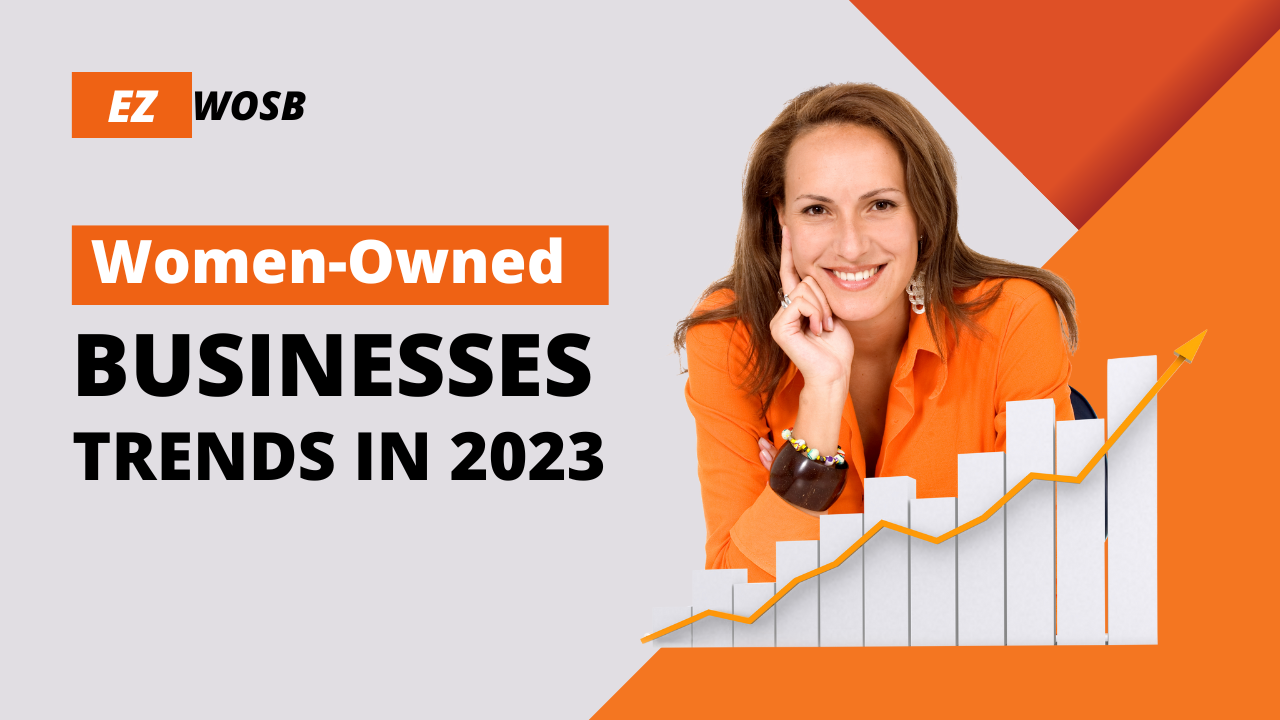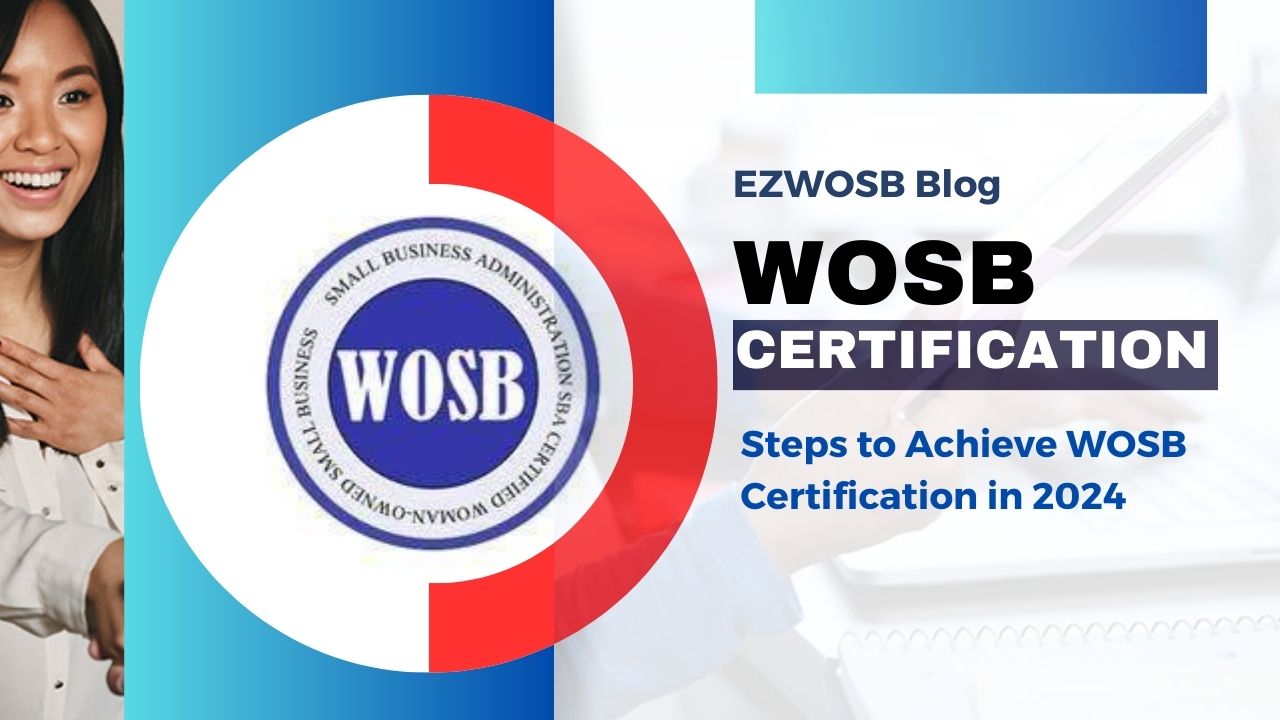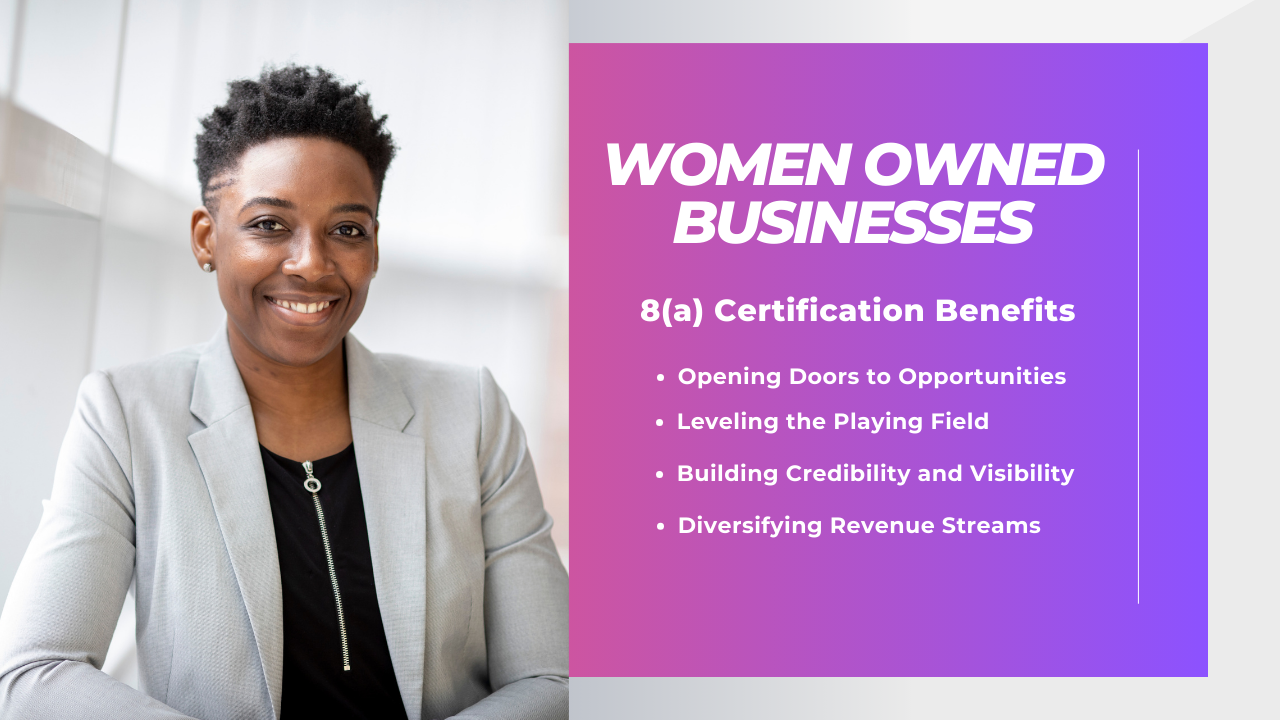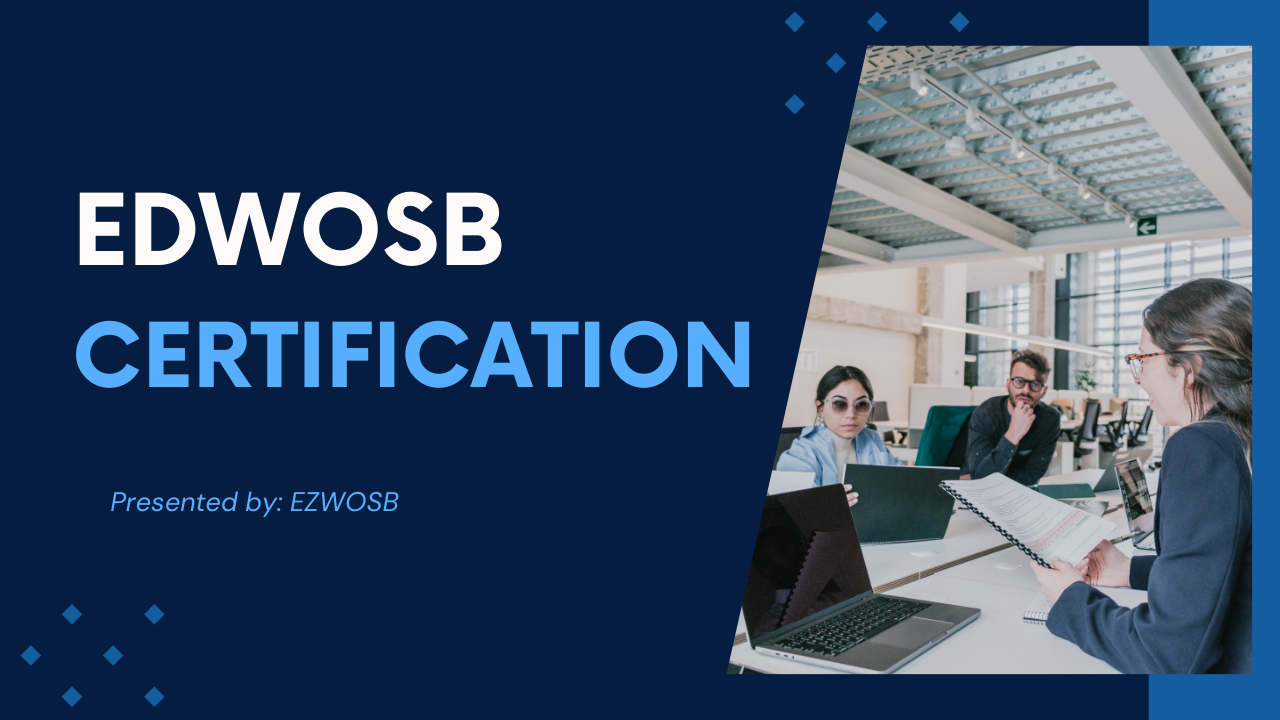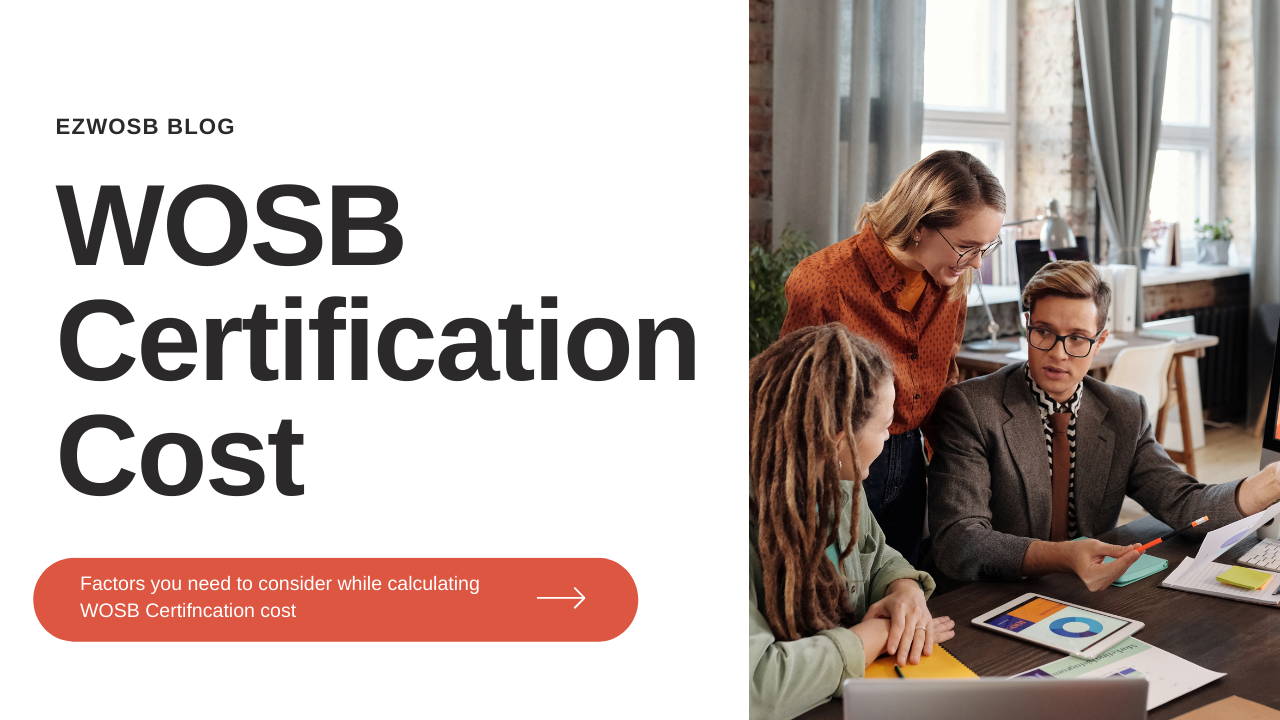Women-owned businesses accounted for only 25 percent of all small business owners, a significantly lower proportion compared to their male counterparts who held a commanding 75 percent. Although there has been marginal progress from the previous year in terms of women-owned businesses, the gender gap in the small business sector remains substantial.
The Annual Report for 2022 by the National Women's Business Council (NWBC) reveals a promising picture of progress. Women-owned employer firms experienced an impressive growth rate of 16.7 percent between 2012 and 2019, surpassing the 5.2 percent increase observed among businesses owned by men. During the same period, gross receipts for women-owned businesses skyrocketed by 51.9 percent. Moreover, the number of workers employed by women-owned businesses, exceeding 10 million, witnessed a remarkable 28 percent increase, demonstrating more expansion compared to their male counterparts who saw a 10.8 percent rise. These trends indicate ongoing success as gender equality assumes a prominent role in the small business landscape nationwide.
But who exactly are the women business owners in 2023, and what motivates them to venture into entrepreneurship?
Women business owners share the same desires for independence, creativity, and flexibility as the broader group in our primary study. Interestingly, women entrepreneurs were 20 percent more likely than men to start a business based on their passions. Fifteen percent of respondents ventured into entrepreneurship to pursue their passions, closely followed by those who seized an opportunity or were not yet ready to retire.
While market studies indicate that most respondents chose entrepreneurship due to their preference for being their own bosses and general dissatisfaction with traditional employment, women business owners exhibited an even greater motivation to realize personal aspirations.
The data also highlights the remarkable resilience and optimism demonstrated by women in business. Despite facing unique challenges, women business owners surveyed reported happiness levels similar to the overall study. Over 60 percent of respondents stated that they were happy as business owners, with 33 percent describing themselves as "very happy" and 30 percent as "somewhat happy." Sixteen percent felt neutral, while 14 percent reported feeling "somewhat happy." Only six percent expressed being "very unhappy."
Generational Differences
The majority of women business owners belong to Generation X (55.7%), while nearly a third belong to the Baby Boomer generation (29.9%). Surprisingly, millennial women entrepreneurs are achieving impressive success rates, outperforming their male counterparts by 36 percent. Despite the longstanding generational gap, this year's study reveals a growing trend of millennial women embracing business ownership.
Women of Color in Business
While businesses owned by women continue to be predominantly "White or Caucasian" (78.4%), this year's study indicates a positive shift in businesses owned by women of color. The number of women business owners who identify as "Black or African-American" increased by 33 percent from 2022 to 2023. Additionally, the number of women entrepreneurs identifying as "Hispanic, Latino, or Spanish Origin" and "Asian or Asian-American" has doubled since the previous year. While there is still progress to be made in achieving inclusivity and diversity at all levels of business ownership, these notable increases signify an encouraging movement towards equal opportunities for women from diverse backgrounds in small business ownership.
The Small Business Administration (SBA) is committed to enhancing success and opportunities for all small business owners, particularly those who have historically been underserved, such as entrepreneurs of color, women in business, and other minority groups. As an organization, we eagerly anticipate promoting and witnessing a more diverse landscape among American small businesses in the years ahead.
Political Affiliation
This year's study reveals a balanced distribution of political views among women business owners, illustrating the diversity of ideologies within this group. Among the respondents surveyed, political affiliations were divided across three categories: Republican (33%), Democrat (30%), and Independent (33%). The remaining four percent identified as "Libertarian."
While women-owned businesses showed a higher likelihood of aligning with a major political party, we are witnessing a growing trend of small business owners embracing independence and distancing themselves from traditional political parties, particularly among women entrepreneurs. The percentage of women business owners unaffiliated with any leading political party has increased fifteen fold, jumping from approximately three percent to 33 percent within a single year.
How Can WOSB Certification Help Women Entrepreneurs in 2023?
The Women-Owned Small Business (WOSB) Federal Contracting Program, under the Small Business Administration (SBA), is committed to improving the accessibility of federal contracting opportunities for women-owned small businesses (WOSBs) and economically disadvantaged women-owned small businesses (EDWOSBs). Its primary goal is to support federal agencies in reaching their target of allocating 5% of their contractual budget specifically to WOSBs.
As part of this initiative, government contracting officers have the authority to reserve certain orders or contracts exclusively for WOSBs or EDWOSBs. This determination is based on the SBA's thorough assessment of the underrepresentation of WOSBs in specific industries. To achieve this, the SBA has identified 364 six-digit North American Industry Classification System (NAICS) codes that correspond to WOSBs, as well as 80 six-digit NAICS codes that apply to EDWOSBs, out of a total pool of 1,023 codes.
Furthermore, in certain cases, federal agencies have the option to award sole-source contracts to eligible WOSBs and EDWOSBs operating in designated industries. However, these circumstances require the absence of multiple qualified offers from WOSBs or EDWOSBs, the establishment of fair and reasonable pricing, and a contractual value below predetermined thresholds ($4 million for non-manufacturing contracts or $6.5 million for manufacturing contracts).
Since 1978, federal agency directors have been mandated to establish federal procurement targets that consider the potential of small businesses, particularly those led by individuals from socially and economically disadvantaged backgrounds. However, the inclusion of WOSB goals was initially overlooked in these objectives. To address this oversight, President Jimmy Carter signed Executive Order 12138 in 1979, which not only promoted the establishment of women-owned businesses but also directed federal agencies to facilitate procurement opportunities and support the formation of joint ventures for EDWOSBs.
With the implementation of Executive Order 12138, the Small Business Administration was empowered to include WOSB procurement goals in the list of small business contracting objectives discussed with federal agencies. Unfortunately, by 1988, only a mere 1% of all federal contracts were awarded to WOSBs, leading to the enactment of the Women's Business Ownership Act of 1988 (P.L. 100-533) as a corrective measure.
Final Thoughts
The contracting trends for women-owned businesses in 2023 reveal both progress and opportunities for growth. While women-owned businesses still represent only a quarter of all small businesses, there have been notable advancements in recent years. The National Women's Business Council's annual report demonstrates impressive growth rates, with women-owned employer firms outpacing their male counterparts in terms of expansion, revenue, and employment. These positive indicators point towards continued success as gender equality becomes increasingly prominent in the small business landscape.
Examining the motivations of women entrepreneurs in 2023, we find that the desire for independence, creativity, and flexibility remains a common driving force. However, women entrepreneurs are even more likely than men to embark on business ventures based on their passions, indicating a strong alignment between personal aspirations and entrepreneurial pursuits.
As more women entrepreneurs enter the business world, embracing their passions and defying traditional norms, the small business landscape is set to become more diverse, inclusive, and prosperous. With the support of programs like the WOSB Federal Contracting Program, women-owned businesses are poised for even greater success and contribution to the economy.



